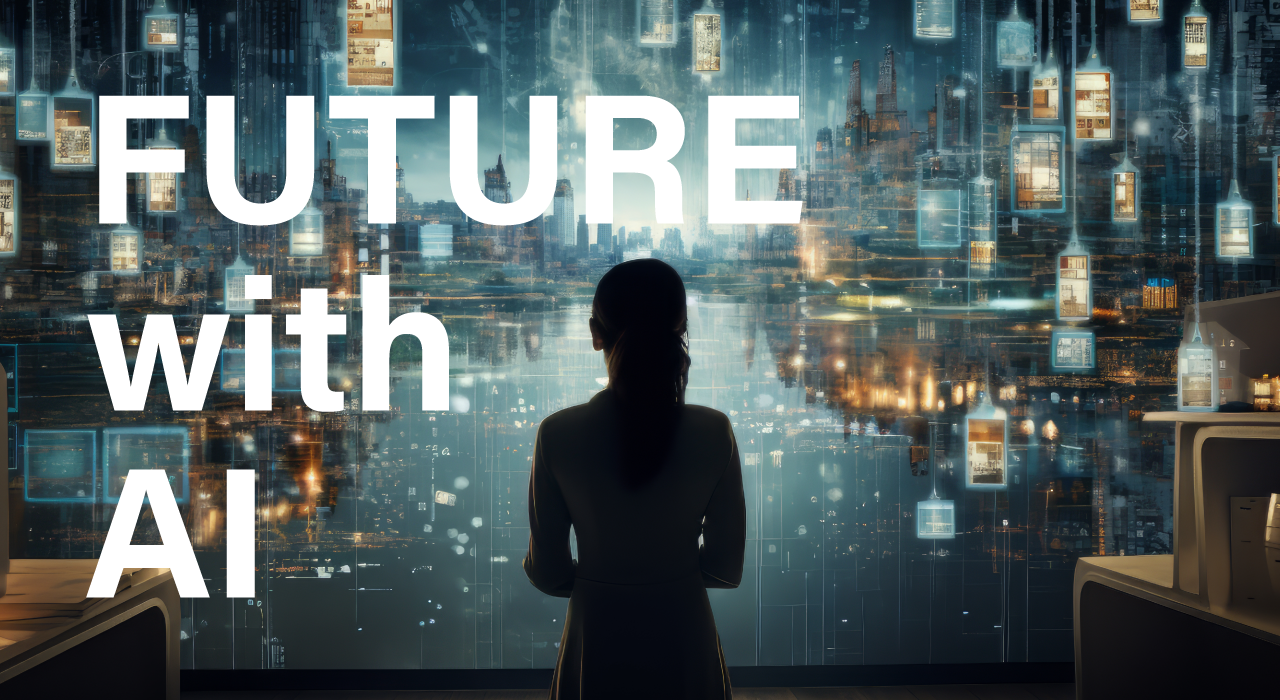
We’ve crossed a threshold.
In 2023 and 2024, AI tools felt like powerful assistants.
But in 2025, they’re taking the wheel—and entire industries are feeling the quake.
From creative work to customer service, software engineering to healthcare—AI is no longer supporting workers. It’s starting to replace them.
Let’s look at what’s happening, what we should be seriously worried about, and how we can still shape a future where humans thrive alongside AI.
AI design tools now generate logos, branding kits, full videos, even animation—with one prompt.
Copywriters are watching GPT-4.5 and Claude 3 churn out content faster than they can brainstorm.
Voice actors? Replaced by near-flawless AI voice clones that never sleep, never charge royalties.
Many creatives are being undercut, ghosted, or forced to pivot. And this is just the beginning.
AI diagnostic systems are now outperforming some general practitioners. While that might sound like progress, it also means healthcare workers—especially those in entry-level or administrative roles—face redundancy.
More concerning? Black-box AI decisions in medicine aren’t always explainable… and they’re not always right.
AI copilots are doing the work of 3 junior analysts. HR, marketing, customer service, legal—any area involving structured data or repeatable decisions—is shrinking.
One prompt replaces 3 meetings.
Middle management is being squeezed, and companies are learning to scale with fewer humans than ever before.
Tools like Devin and Cognosys now complete entire software builds with little or no oversight.
Entry-level developer jobs—once the foundation for gaining experience—are vanishing.
The door to tech isn't closing, but it's changing shape. Fast.
This isn’t just disruption. It’s a total rewrite of how we work, learn, and even think.

Grammarly is an AI-powered writing assistant that helps improve grammar, spelling, punctuation, and style in text.

Notion is an all-in-one workspace and AI-powered note-taking app that helps users create, manage, and collaborate on various types of content.
AI is a tool. It’s up to us to decide how it's used.
Here's how we move forward responsibly:
Learning how to use AI is no longer optional. It’s literacy.
Prompt engineering, AI decision logic, data ethics—these are the new fundamentals.
Transparency, explainability, and bias audits must become standard.
We need humans in the loop—not just for ethics, but for accountability.
Let AI handle the repetitive and mundane. But let humans lead where it counts—creativity, empathy, innovation, leadership.
The future belongs to people who lean into what AI can’t replicate easily:
Imagination. Emotional intelligence. Moral judgment. Adaptability.
AI doesn’t have to destroy jobs, industries, or trust.
It can amplify our potential, give us back our time, and solve problems at scale we never imagined tackling.
But only if we build with wisdom, not just speed.
Only if we guide it, not let it guide us.
We’re not just passengers in this revolution.
We’re the architects.
Let’s build a future where AI works with us, not instead of us.

